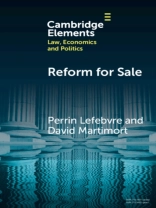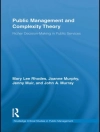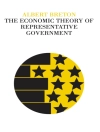Lobbying competition is viewed as a delegated common agency game under moral hazard. Several interest groups try to influence a policy-maker who exerts effort to increase the probability that a reform be implemented. With no restriction on the space of contribution schedules, all equilibria perfectly reflect the principals’ preferences over alternatives. As a result, lobbying competition reaches efficiency. Unfortunately, such equilibria require that the policy-maker pays an interest group when the latter is hurt by the reform. When payments remain non-negative, inducing effort requires leaving a moral hazard rent to the decision maker. Contributions schedules no longer reflect the principals’ preferences, and the unique equilibrium is inefficient. Free-riding across congruent groups arises and the set of groups active at equilibrium is endogenously derived. Allocative efficiency and redistribution of the aggregate surplus are linked altogether and both depend on the set of active principals, as well as on the group size.
Perrin Lefebvre & David Martimort
Reform for Sale [PDF ebook]
A Common Agency Model with Moral Hazard Frictions
Reform for Sale [PDF ebook]
A Common Agency Model with Moral Hazard Frictions
Cumpărați această carte electronică și primiți încă 1 GRATUIT!
Limba Engleză ● Format PDF ● ISBN 9781009285629 ● Editura Cambridge University Press ● Publicat 2023 ● Descărcabil 3 ori ● Valută EUR ● ID 8852498 ● Protecție împotriva copiilor Adobe DRM
Necesită un cititor de ebook capabil de DRM












